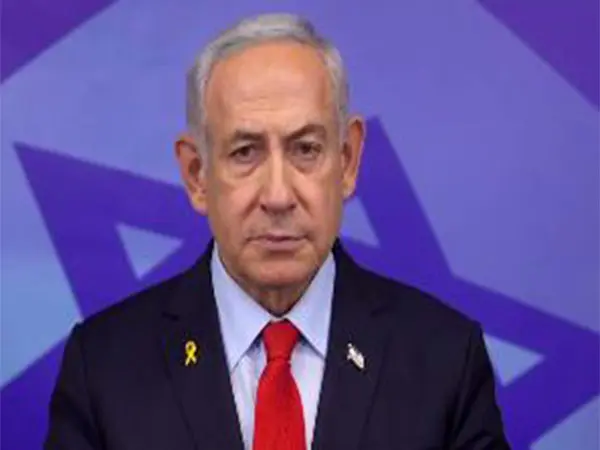Tel Aviv [Israel]: After months of violent clashes that resulted in thousands of casualties, Israel and Hezbollah reached a ceasefire agreement on Tuesday (local time). However, Israeli Prime Minister Benjamin Netanyahu emphasized that the ceasefire’s duration depends on Hezbollah’s actions in Lebanon.
Netanyahu made Israel’s stance clear, stating, “With the United States’ full understanding, we maintain full freedom of military action. If Hezbollah violates the agreement and tries to arm itself, we will attack. If it tries to rebuild terrorist infrastructure near the border, we will attack. If it launches a rocket, if it digs a tunnel, if it brings in a truck carrying rockets, we will attack.”
The Israeli Prime Minister outlined three key reasons for agreeing to the ceasefire:
- Focusing on the Iranian Threat: “I won’t expand on that,” Netanyahu noted, suggesting broader regional concerns regarding Iran’s influence.
- Replenishing Military Resources: Netanyahu acknowledged delays in weapons and ammunition supplies, adding that advanced weaponry deliveries would arrive soon, enhancing Israel’s operational capabilities.
- Isolating Hamas: Netanyahu highlighted that separating Hezbollah from Hamas strengthens Israel’s position against Hamas, stating, “With Hezbollah out of the picture, Hamas is left on its own. We will increase our pressure on Hamas, helping us in our sacred mission of releasing our hostages.”
The prolonged conflict began on October 8 last year, following a Hezbollah attack on Israeli-controlled territory in solidarity with Hamas and Palestinians in Gaza. Tit-for-tat border clashes escalated into a full-scale military offensive by Israel in mid-September.
The offensive included a ground invasion, targeting Hezbollah leadership, including the reported death of Hassan Nasrallah, one of the group’s founders. Despite the ceasefire, the situation remains fragile, and efforts to maintain peace are ongoing.


